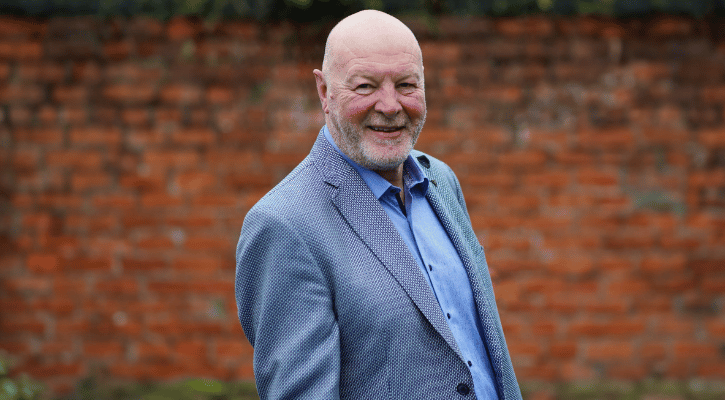For almost two decades, Ian Kinnery has been coaching business leaders across the North East and is a former European Business Coach of the Year.

However, he said that while approaches to management have largely improved in recent years, he still comes across “horror stories” of managers frequently clashing with their staff - and that there’s often a common thread behind it.
“When it comes to managing difficult people, often the biggest problem I find is the manager themselves,” said Ian.
“Whilst sub-standard staff obviously do exist within the workplace, managers need to lead by example – but often, they don’t.”
In his latest video filmed with fellow coach Anth Quinn, whilst discussing the skills needed to manage tricky staff, the pair share a story about one manager caught by staff doing his Amazon shopping at work.
“Every business reflects those at the top, and if you have toxic cultures or habits peeking through, they will trickle down through the company and become embedded within it,” added Ian.
“Even something as seemingly innocuous as spending five minutes at work doing your shopping can send out atrocious signals to your staff and make them completely uninvested in helping the company grow.
“That’s often when these struggles and clashes between managers and staff start, and they can really hinder the business.
“That’s why the advice I would give any boss struggling to manage difficult staff is to take a long, hard look in the mirror to establish if the source of the problem is yourself.”
The experienced coach, who last year launched the ‘Save the Entrepreneur’ campaign around the mental health of business leaders, has followed it up in 2024 with a new series called ‘The Changing World of Work.
The series will cover several elements of the modern workplace – from advice on staff wellness to the different motivations and challenges encountered in offices these days.
However, when it comes to how manage staff in the changing workplace, Ian’s top tip is pretty simple – do less managing.
“Ultimately the modern workplace is dramatically different to what it was pre-pandemic, and management approaches must reflect that,” said the County Durham-based coach.
“Staff generally need a softer touch, and the best results tend to come from coaching – rather than managing – people.
“Find their motivations, find ways to encourage them and make them feel valued – those approaches will help your business grow – but again, those habits must come from the top.”








